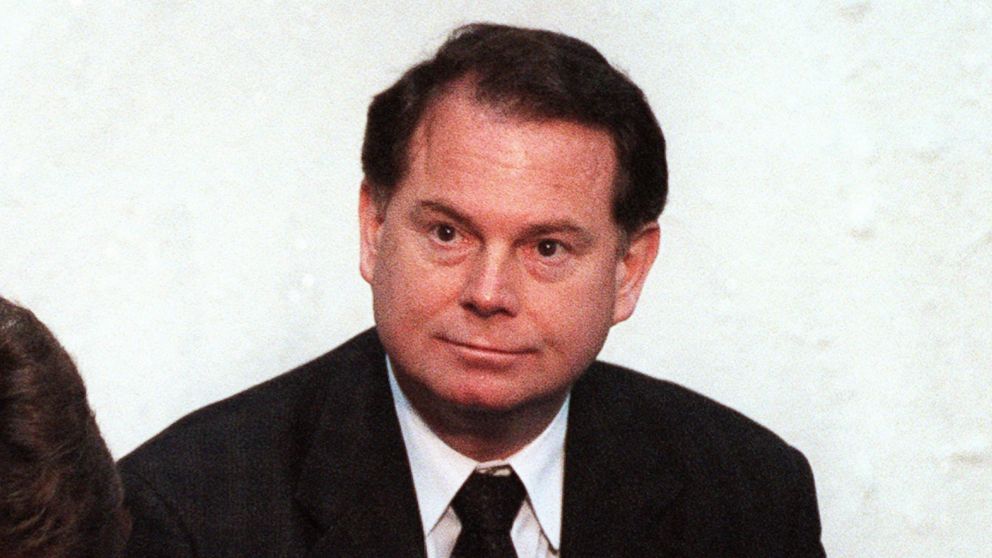Clarification, Theoreticalgirl: Lavrik and Berekhovski are not banned. The exact wording is that they are currently deemed ineligible as determined by the US center for Safesport.
That's a ban.
This looks like it is a new category than what I remember seeing the prior day as then I think there were only two categories: 1.) "suspended pending final hearing" and 2.) "permanently banned from US figure skating."
Not a new category. Please read the SafeSport Code - not U.S. Figure Skating's SafeSport handbook, the actual SafeSport code - and spend sometime with the main disciplinary database at safesport.org. The Center began using "Ineligible" about a year ago or so. When you look at the main disciplinary database, you'll notice many, many statuses of "Ineligible" in other sports.
That is why I wrote the previous comment--but perhaps better that I had never chimed in?
There's enough misinformation going around about SafeSport: please don't add to it.
What bothered me about what you and others posters in this thread seemed to be implying was that it was somehow negligent of US Figure Skating to not automatically list a coach as "permanently banned" just because a coach had charges pending against him.
No, it is negligent of U.S. Figure Skating to refuse to adopt disciplinary measures enacted by the Center for SafeSport
as U.S. Figure Skating is required to do by federal law.
And, I stand by what I wrote before, until due process takes place and coaches accused of wrongdoings (no matter how circumstantial the evidence may appear) are given a chance to defend themselves in court, a status of "suspended" or "ineligible" is correct.
What do you mean by "correct"? You are welcome to disagree philosophically with the SafeSport Code (I disagree with many of its provisions) and you are welcome to contact your Congressperson to advocate for changes to the SafeSport Code, but you can't redefine terms to fit your own beliefs.
A coach under a suspended or ineligible status is by definition prohibited (i.e. temporarily "banned") from working with USFSA members and participating in USFSA sponsored activities; and, by placing a coach under such categories, US figure skating is indeed showing that it is following all SafeSport rules and respecting the seriousness of charges reported.
Sigh. Let's unpack this.
"Suspended" and "Ineligible" are different statuses.
"Ineligible" is a ban. It is a permanent status unless appealed. It can be appealed within five days or at a later date when there is a change of circumstances, such as a finding of "not guilty" or charges being dropped. "Suspended" is not a permanent status. There are two types of suspension. "Suspension" indicates a final decision that the appropriate punishment for a given situation is a temporary suspension. "Interim suspension" - which is what I believe you're referring to - is a temporary measure put into place after a preliminary investigation by the Center for SafeSport.
"Suspension" and "Interim Suspension" are temporary statuses.
For the sake of the discussion:
"Permanently Ineligible" is a ban. It is a permanent status unless appealed. It can be appealed within five days and is never eligible for a future appeal after those five days. (The appeal takes months to complete, but notice of the intention to appeal must be filed within five days. There is only one appeal possible and the window to ask for it closes after those initial five days.)
When the Center opened and started banning people based on criminal charges, I agreed with you that it was philosophically inappropriate to ban someone based on criminal charges, and then I realized/learned why the Center had created this additional status. Remember that criminal charges for certain types of offenses are a violation of the SafeSport Code and let's redefine those statuses from above. I'm going to ignore the "file an appeal within five days" thing in those redefinitions.
Interim Suspension: The Center for SafeSport has received credible allegations supported by a preliminary investigation and it appears you may be a danger to minors, so you are
temporarily removed from your sport until a final decision at the end of the entire investigation.
The Center for SafeSport has an open and ongoing investigation into your case. The Center for SafeSport has an ongoing responsibility for your case. Something is guaranteed to change in the case and the Center has responsibility for it.
Permanently Ineligible: The Center for SafeSport has conducted an investigation and concluded that you violated the SafeSport Code.
The Center for SafeSport is done with you and you have no possibility of appeal (outside of the initial appeal filed within five days).
The Center for SafeSport does not have ongoing responsibility for your case.
Ineligible: The Center for SafeSport has received the information and verified that you violated the SafeSport Code by having pending criminal charges that violate the SafeSport Code and that you are a "covered individual."
The Center for Safesport is done with you unless/until you file an appeal when those criminal charges go away (whether by being dropped, found not guilty, etc.).
The Center for SafeSport does not have ongoing responsibility for your case. It is possible for something to change in the case in the future and the accused has responsibility for it.
Why? Because how would the Center for SafeSport track hundreds of criminal matters that occur all over the country, which often take
years to resolve? They are completely overwhelmed. It is taking months for cases to be assigned to investigators, and it is common that cases being investigated by the Center for SafeSport are taking well over a year to resolve. (I believe both Richard Callaghan's case and Steve Moore's case have been ongoing for 19-20 months from the time of the initial report.)
But, just to reiterate a status of "ineligible" is not the same as a "permanent ban" and USFSA does not "permanently ban" members based on reports and accusations alone.
Ineligible and permanently ineligible are both bans. Interim suspension is not a ban. You can disagree philosophically with the SafeSport Code, but it is what it is: U.S. Figure Skating needs to enforce it while advocating for changes if it disagrees with the Code.
However, you're correct that neither the Center for SafeSport nor USFS bans people based on "reports and accusations alone": criminal charges are way, way, way beyond "accusations." They are also way, way different from a legal finding of guilty, but if you think that criminal charges are based on "accusations" alone, I am jealous that you have that little experience with police investigations into sexual assault and sexual abuse: charges require a fairly high level of evidence - which may not be the same level of evidence required for a guilty finding in the end, but it's a whole lot more than "accusations."

 www.wptv.com
www.wptv.com







